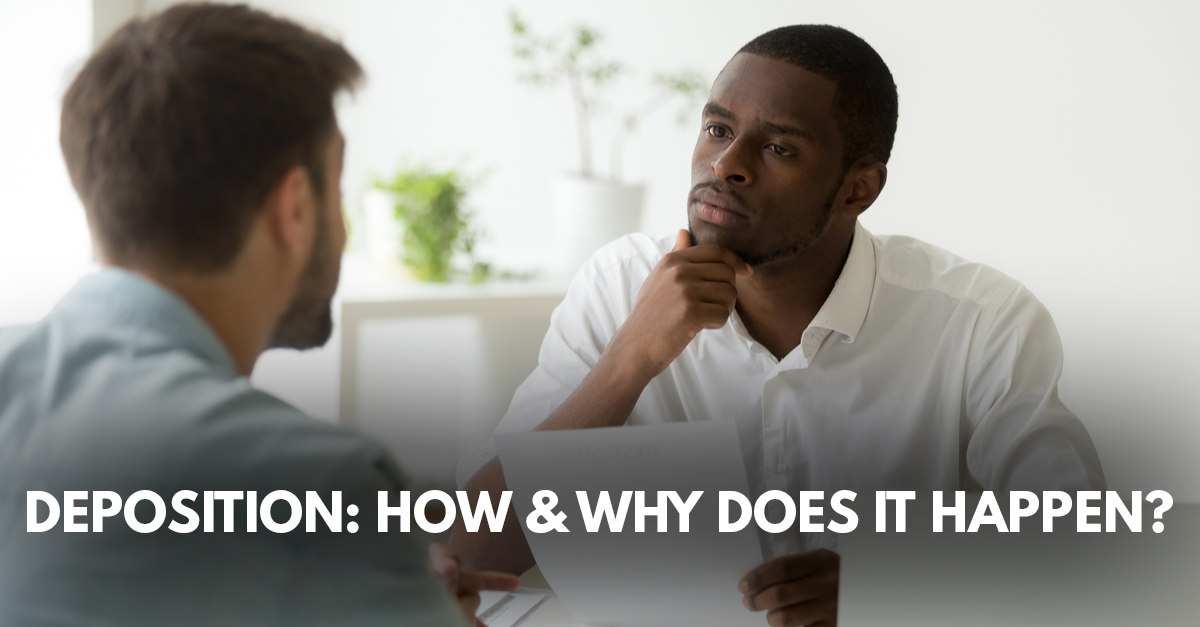
Why do depositions happen? In my opinion, depositions are the best tool that a lawyer has before trial to gather information. That’s because you’re going to have either a party on the other side or perhaps a witness, who is going to be able to answer questions about what happened.
They’ll have to answer follow-up questions as well. It’s not like sending a written document to the other side asking is this true or false, and then just getting back answers. During a deposition, your lawyer actually can probe and inquire as to where and how this person learned what happened? What knowledge do they have about it? Is it personal knowledge? Did someone else tell them? Then maybe you need to take that other person’s deposition.
The Flexibility of Depositions in Uncovering Case Details
Depositions are great, because they are flexible. They allow a lawyer the ability to ask a series of questions about an issue in a case. If something new arises as a result of an answer from the deponent, the attorney can continue to inquire about those issues. Sometimes, you find really awesome facts for your case during a deposition because you asked the right questions as the lawyer and you got the right answer.
The Strategic Value of Depositions for Both Sides
As trust and will litigation attorneys, we like depositions. Depositions are good for both sides, because they bring most of the facts that are going to be in dispute to the surface. That allows us to analyze the case to see what the value of the case is from a settlement standpoint, or, perhaps, we’re going to trial.
